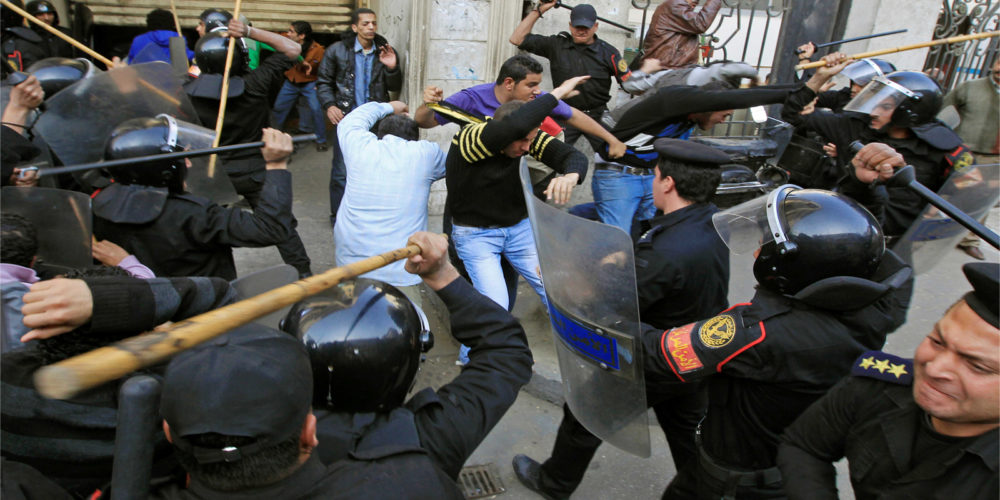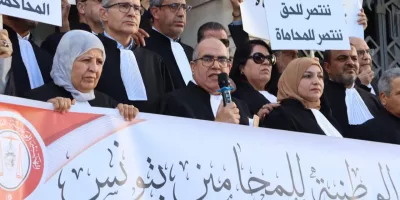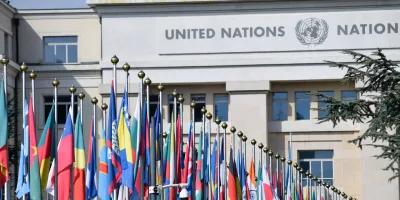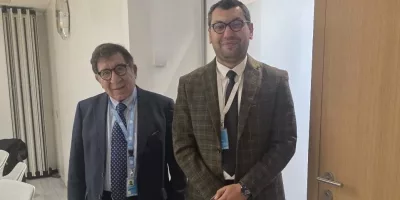Press Release
Translation and editing: Committee for Justice
Geneva: November 20, 2023
The UN Committee Against Torture conducted its periodic review of Egypt’s human rights record regarding torture and other forms of cruel and inhumane treatment during the 78th session, a review Egypt has not participated in for 20 years.
In the preparation stages, the Committee for Justice collaborated with the UN Committee Against Torture by submitting a shadow report highlighting deficiencies in the Egyptian judicial system that allow perpetrators of torture to escape accountability, emphasizing the lack of fair redress.
– Review of the legal framework for torture in Egypt:
The UN committee called for a review of the police law regarding the use of firearms, providing information on torture cases and ill-treatment to illustrate the judicial enforcement and effective implementation of anti-torture provisions in Egypt, as recommended by CFJ.
– Prolonged pretrial detention:
The UN Committee Against Torture, in its review of Egypt’s file, pointed out issues raised in CFJ’s shadow report, such as the recycling of arrests (renewal of detention) in a section discussing the lack of judicial authority independence. It also addressed the regularity of solitary confinement and the prevalence of arbitrary detention without charges, and forced disappearances.
– Judicial independence:
The UN committee also highlighted a point mentioned by CFJ in its report concerning the placement of civilian cases before military courts, contrary to the constitution, which limits civilian trial in military courts to specific cases. To ensure judicial independence, limiting the use of military courts against civilians was deemed necessary.
– Expansion of the death penalty:
The UN committee also mentioned a point raised by CFJ in its report, focusing on the expansion of applying the death penalty in Egypt based on politically biased trials that do not adhere to fair trial standards. Egypt was urged to clarify the number of executions, those sentenced to death, and the violent intentional crimes leading to these death sentences, ensuring that these severe sentences result from fair trials.
– Absence of redress mechanisms:
The UN committee addressed the lack of inclusion of the right to redress in Egyptian legislation for torture cases, emphasizing that forms of redress should include response, compensation, rehabilitation, satisfaction, and guarantees of non-recurrence, as highlighted by CFJ.
– Violations in the context of the war on terror:
The UN committee utilized information from CFJ’s report, addressing legal flaws in Egypt’s anti-terrorism law, emphasizing its failure to respect fundamental human rights and the rule of law. It called for amendments to align with international treaties, ensuring legal guarantees stated in criminal procedure law apply equally to terrorism suspects.
– Egyptian response with unfounded rhetoric:
Egypt’s response to these points and others remained within familiar official rhetoric, claiming respect for human rights, political readiness to cooperate with the UN, and highlighting Egypt as one of the first countries to ratify the anti-torture convention without reservations. However, Egypt failed to address the specific concerns raised by the UN committee, creating a disconnect between Egyptian responses and the tangible human rights reality in Egypt.






